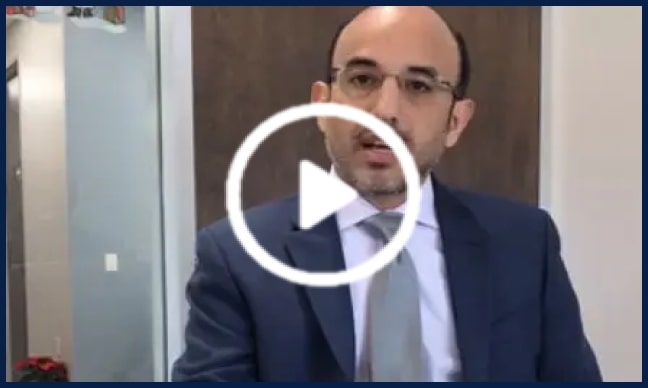FAQs
FAQs Answered By San Antonio Immigration Lawyers At Lozano Law Firm
Below are answers to some of the questions most frequently encountered at The Lozano Law Firm as we advise and assist individuals and businesses in San Antonio and South Texas on family-based and employment-based immigration matters and deportation defense. We hope this information is helpful to you. If you have other questions or need assistance in a particular immigration matter, please contact The Lozano Law Firm to speak with a board-certified immigration lawyer.
Q. If I Apply For Government Benefits, Will I Be Deported As A “Public Charge?”
A. Not necessarily. A “public charge” is an alien who has become or is likely to become primarily dependent on the Government for subsistence, which can include receiving Government financial assistance or being institutionalized for long-term care at government expense. Being a “public charge” is grounds for deportation or inadmissibility. However, not all assistance makes you a public charge. In general, Supplemental Security Income (SSI) and cash assistance from TANF or state or local general assistance programs could be considered for public charge purposes, but benefits such as Medicaid, food stamps, CHIP and WIC assistance usually are not. This is a complicated area, and you are encouraged to seek the advice of an experienced immigration lawyer if you think you may be inadmissible or deported based on your receipt of Government benefits.
Q. What Is An Adjustment Of Status?
A. An adjustment of status is the process of changing your status from non-immigrant to immigrant. If you arrived on a non-immigrant Visa, this means you intended to stay only temporarily and meant to return to your home country when your Visa expired. If you apply for an adjustment of status and your application is approved, you will be issued a Green Card and given lawful permanent residence in the U.S.
Q. What Happens To My Immigration Status If I Get Divorced?
A. If your immigration was based on a Fiancé(e) or Marriage Visa, then your residency status may be in jeopardy if you later get divorced. One option to consider would be filing an I-751 Petition to Remove the Conditions of Residence as a way to maintain permanent residence. We can help you with this and other family-based immigration matters.
Q. What Is The Difference Between Citizenship & Naturalization?
A. Citizenship is granted by birth, either from being born on U.S. soil or by being born abroad to parents who are U.S. citizens. Naturalization is nationality acquired after birth. A naturalized citizen is entitled to all the rights and privileges of a natural born citizen. In fact, the Fourteenth Amendment to the U.S. Constitution states that all persons born or naturalized in the United States are citizens of the United States and the state where they reside. The Lozano Law Firm assists individuals in the citizenship and naturalization process in San Antonio.
Q. How Does A National Interest Waiver Work?
A. Not to be confused with a waiver of inadmissibility sometimes granted for family-based Visas, a National Interest Waiver involves an employment-based EB-2 Visa. A National Interest Waiver waives the requirement that an EB-2 Visa applicant first have a permanent job offer and labor certification. With the waiver, an individual can self-petition for a Visa without having a specific job offer. A National Interest Waiver may be granted to a researcher or professional with an advanced degree or exceptional ability who can prove that granting the waiver would benefit the U.S. and be in the “national interest of the United States.”
Our Immigration Lawyers in the News








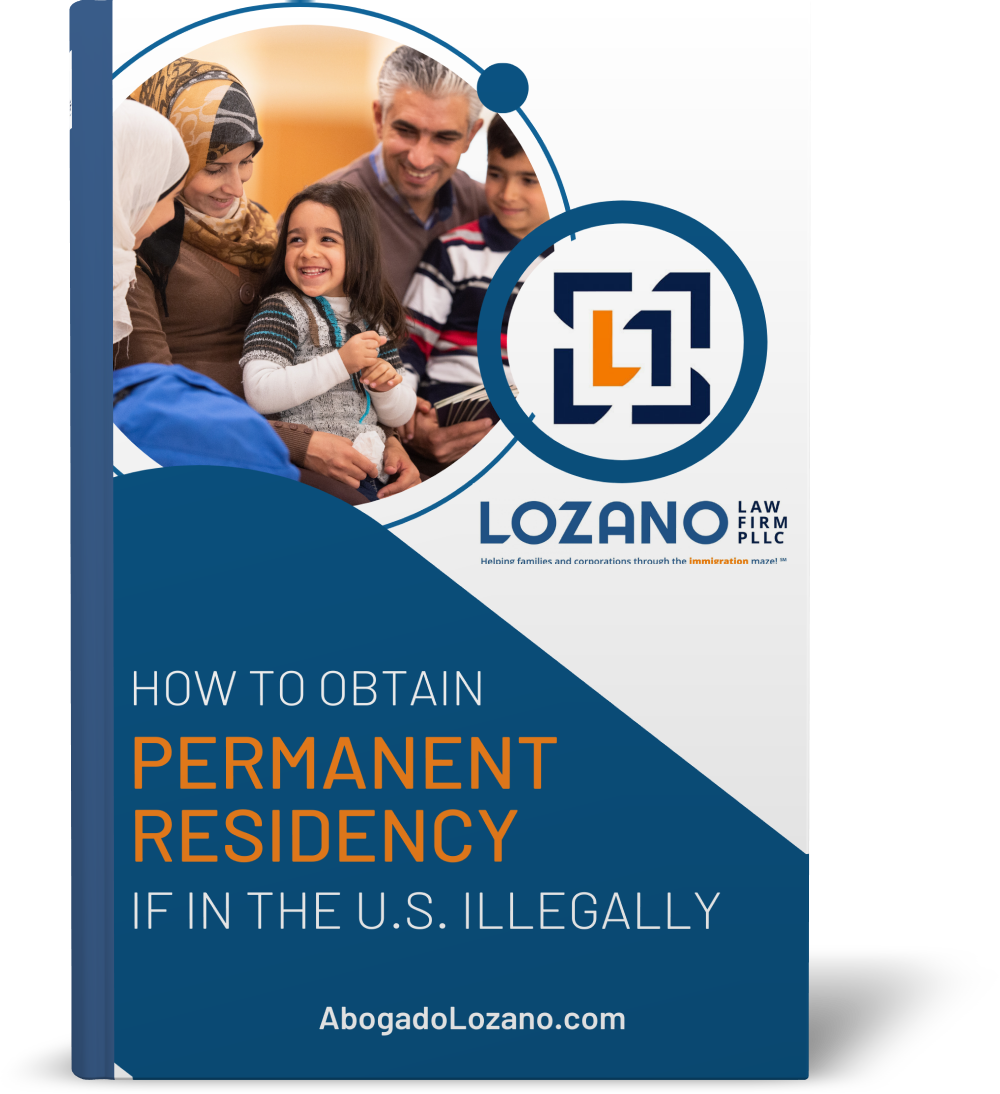
How to Obtain Residency If In The U.S. Illegally
Real Clients, Real Testimonials
Contact Our Immigration Lawyer
Contact Us Today For a Free Case Evaluation
We Answer Your Immigration Questions On Facebook Live
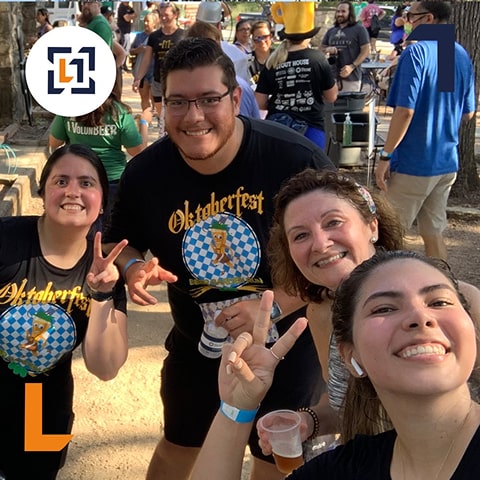
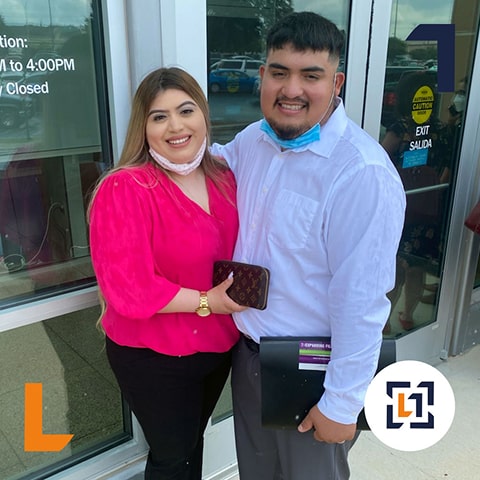
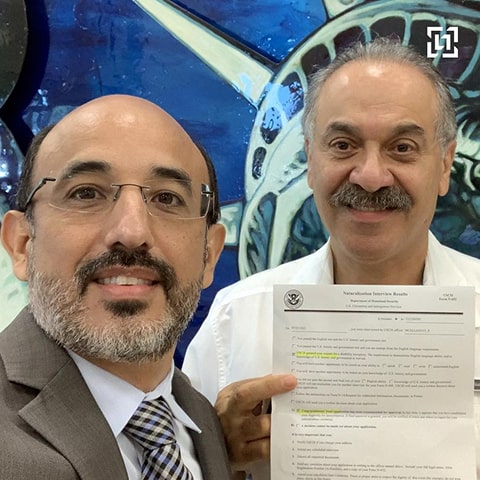
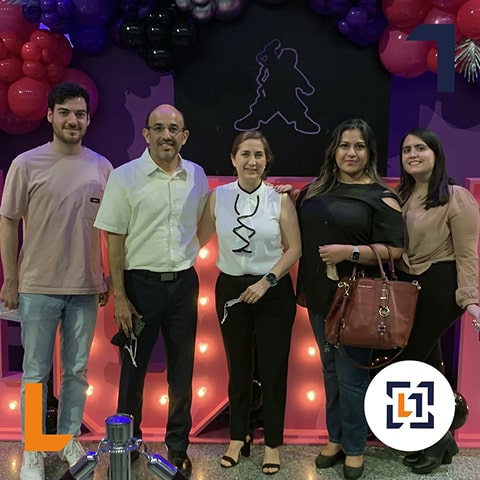
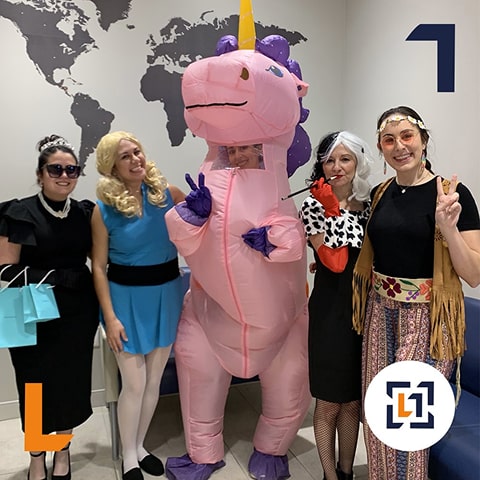
What People Say
"I am very grateful because my wife is here now. I'm very grateful for the staff at Lozano Law Firm."
Michael DeVilbiss
Spanning 30 Countries & Counting
Recent Blog Posts

